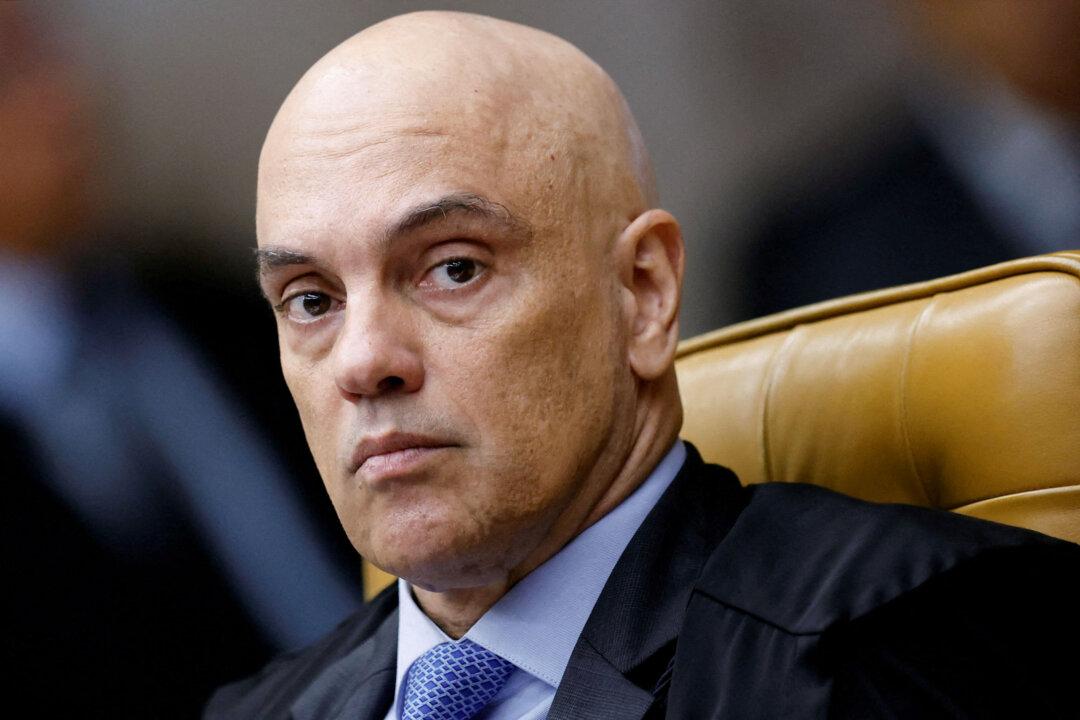President Donald Trump’s media group and Rumble Inc. filed an emergency motion in a U.S. federal court on Feb. 22 seeking a temporary restraining order against Brazilian Supreme Court Justice Alexandre de Moraes after he ordered a nationwide suspension of Rumble’s video-sharing service in Brazil.
Trump Media, Rumble Ask US Court to Issue Restraining Order Against Brazilian Judge
Brazilian Supreme Court Justice Alexandre de Moraes ordered the suspension of the Rumble video platform in Brazil.

Brazilian Supreme Court Justice Alexandre de Moraes attends a session of the Supreme Court in Brasilia, Brazil, on Nov. 27, 2024. Adriano Machado/Reuters




